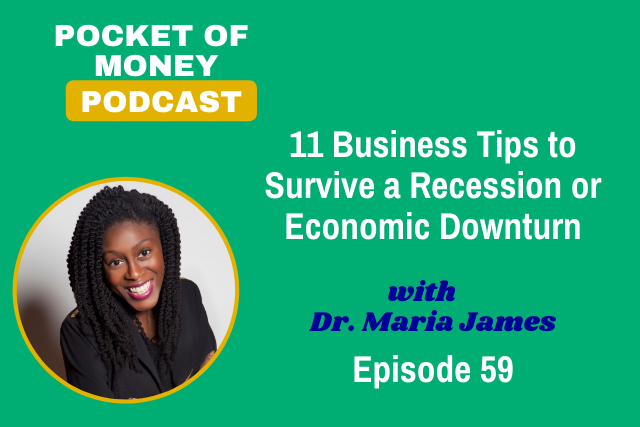4 Simple Tips to Raise Your Credit Score.

The past two weeks we discussed what credit is, how you build it, what is a credit score, and what affects your credit score. Now you know the importance of your credit history, what is on it, and how those items affect your credit score. So you may be thinking ok, what do I do if I have a low credit score or what can I do to raise my credit score. Let’s dive into it.
There are a few things that you can do to raise your credit score, most are tied to the items that affect your score that we discussed last week.
1) Pay your bills on time.
One of the most important and impactful ways to increase your credit score is to make timely payments. A recent late payment can drop your credit score by a few points. A missed payment however, is a whole different ball game. Missing or skipping a payment on your credit card can drop your credit score by as much as 50 points. If you sometimes think I’ll skip this payment and just try to double up next month…DON’T. Pay at least the minimum amount and then double up next month. It’s much better to make the payment and keep your credit score intact.
2) Get your limit to amount owed ratio to less than 30%.
We discussed how the amount you owe compared to your amount of available credit is the second largest influence when your credit score is calculated. If you’ve maxed out credit cards then this decreases your credit score. If you haven’t quite maxed out credit cards but you’ve used up a lot of your available credit then your score decreases as well.
For example if you have a $15,000 limit on a credit card and have charged $12,000 on that card, you’ve used 80% of your available credit. This will decrease your credit score and signal to lenders that you are most likely overextended and may make late payments or miss payments altogether. If this is you, work on paying down your credit cards so that your credit limit to amount owed ratio is less than 30% and your credit score will gradually increase.
Take control of your money. Don't let your money control you. Get the management tools.FREE Money Management Toolkit

3) Don’t open any new credit cards.
As mentioned last week the number of new lines of credit is also considered when calculating your credit score. If you need to raise your credit score, do not open new lines of credit. For example, when you’re in the store checking out and the cashier asks you if you would like to open a store card to save 10%, tell her no. Those store cards are credit cards and will be reflected in your credit history. Maintain the lines of credit you already have and work on paying the balances down on them. You’ll decrease your debt and raise your credit score. A win win.
4) Correct any errors.
You probably know you are allowed to receive a free annual credit report. Have you seen those singing commercials of the two guys with the guitars? Well you can use that site freecreditreport.com or the site annualcreditreport.com which is sponsored by the three major credit bureaus. Be aware that when you request your credit report you usually won’t get your credit score.
You can get your credit score for an extra fee in most cases. Request a free credit report from each of the three major credit bureaus since there may be slight differences between them. You can request one from a different company every four months or all at once. Check the credit report for any errors so that you can get them removed or corrected.
For example, if there is someone with a similar name or social security number, that person’s information could show up on your credit history. If there is a credit card or loan that you do not recognize it could have been added to your credit history by accident. Once you correct any errors that caused a decrease in your credit score, your score will increase. This can be a bit of a process so don’t expect the errors to be removed immediately.
Now that you know significantly more about credit and credit scores this will help you keep your credit and debt under control. Your credit score can affect many aspects of your life since not only lenders check your credit history and score. Potential employers also look at them as they assess you for employment. If you need to raise your credit score realize it will take time but the steps above will get you there. Stay motivated and your debt will decrease as your credit score increases, which will also allow you to save money.
I love hearing from you. Leave your comments below and reach us on Facebook and Twitter.
Photo credit: Alan O’Rourke







Responses